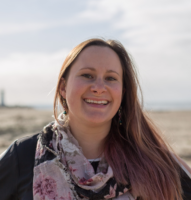
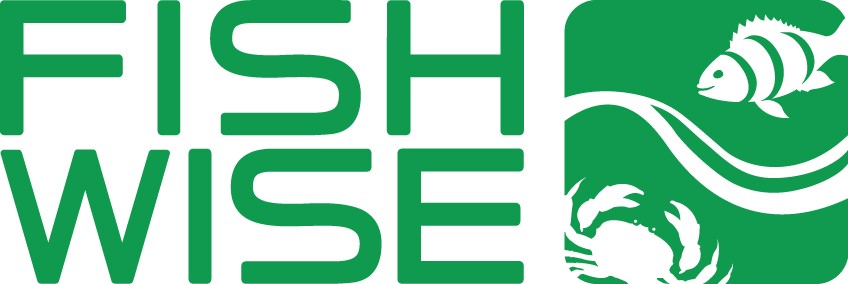
Sarah Caldwell
Sarah Caldwell, M.S., is responsible for planning and executing traceability and counter-illegal, unreported, unregulated (IUU) fishing research projects and business services for FishWise, a sustainable seafood non-profit. She also supports the Seafood Alliance for Legality and Traceability (SALT) efforts to design, share, and implement comprehensive eCDT principles and pathway with seafood-producing governments. Sarah collaborates with a variety of ocean stakeholders across industry, government, and NGO sectors to create sustainable seafood solutions for a healthier, resilient ocean.
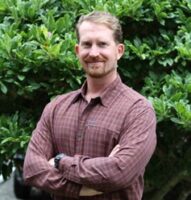

Bubba Cook
Bubba Cook has spent a lifetime on the ocean and 20 years working in fisheries. He began his career in the US Navy, which took him around the world and sparked an interest in international fisheries. Troubled by fishery declines he observed, he secured a B.S. in Fisheries from Texas A&M University followed by a J.D. in Environmental Law from Lewis & Clark College. He then worked for the U.S. National Marine Fisheries Service in Alaska, where he led implementation of the Bering Sea crab quota programme. He later joined WWF’s Arctic Programme supporting fisheries projects in Russia and Alaska. In 2010, he joined the U.S. Peace Corps in Fiji, where he supported small-scale marine conservation projects. Since 2012, he has served as the Western and Central Pacific Tuna Programme Manager for WWF from New Zealand, where he supports sustainable tuna fishing through policy improvements, market tools, and technological innovation.
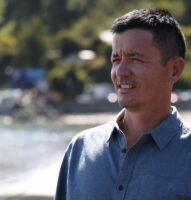

Christopher Cusack
Chris leads EDF’s oceans technology work which focuses on catalyzing the uptake of new and emerging technologies to address the most pressing challenges facing our oceans. Chris has over 25 years experience as a fisherman, fisheries biologist, environmentalist and fisheries economist and has lived and worked in many corners of the world.


Dave Gershman
Dave Gershman leads engagement with Pacific regional fisheries management organizations and member countries for The Ocean Foundation’s International Fisheries Conservation project. The project seeks to catalyze the development and adoption of innovative tools for the long-term sustainable management of a diverse array of international fisheries, from giant tunas to the forage fish upon which they depend. He formerly worked for The Pew Charitable Trusts and participated in the Knauss Marine Policy Fellowship Program.


Abdul Halim
Abdul Halim is a Senior Director and the Country Representative for Environmental Defense Fund (EDF) in Indonesia. He is a marine conservation and fisheries management practitioner with more than twenty years of experiences working to support the Indonesian government to improve and sustainably managed their coastal and marine resources that benefits people. He also played a critical role in the birth and development of the Coral Triangle Initiative on Coral Reefs, Fisheries and Food Security, a regional initiative aiming at bringing the impacts of marine conservation and fisheries management at scale. He has interests in small-scale fisheries management, marine protected areas and fisheries management policy development, and the intersection of conservation, resource management and fisher’s prosperity. He is also a qualified auditor for MSC fisheries certification, especially for the governance and policy component. Halim obtained his Doctorate degree from IPB University and a master’s degree from the University of Rhode Island, USA.
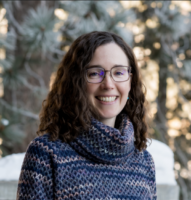

Janelle Hangen
Janelle has been following fish around since she commercial fished in Alaska in 2006. She has worked as a fisheries biologist and manager in Alaska and Maryland, supported fisheries projects at NOAA and helped launch Rare’s Fish Forever program. Most recently, she led research and analytics for Pew’s International Fisheries team. Janelle currently plays a key role on EDF’s Ocean Technology Solutions team advancing solutions for climate change resilient fisheries around the world.
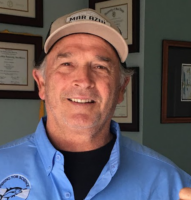

Craig Heberer
Craig currently serves as the Associate Director of Science and Conservation for the Large-Scale Fisheries Program and co-leads TNC’s portfolio of global tuna longline EM programs as well as several EM projects in non-tuna fisheries and gear types. With over 35 years of experience in research and management of tropical tuna fisheries, Craig works closely with key stakeholders, including industry, governments, academia, and NGOs, to increase transparency, sustainability, and ecosystem health in global tuna fisheries. Much of his work focuses on bycatch reduction, clean gear innovations, and enhancing monitoring techniques and programs, primarily in the Eastern and Western Central Pacific Oceans where most of the world’s tuna harvest occurs. He is a fourth-generation Croatian-American with historic family ties to the US commercial tuna fishery based in San Pedro, California. Craig holds a Bachelor of Science degree in Fisheries Science from Humboldt State University and a Master of Science degree in Biological Oceanography from the University of Puerto Rico.
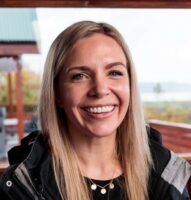
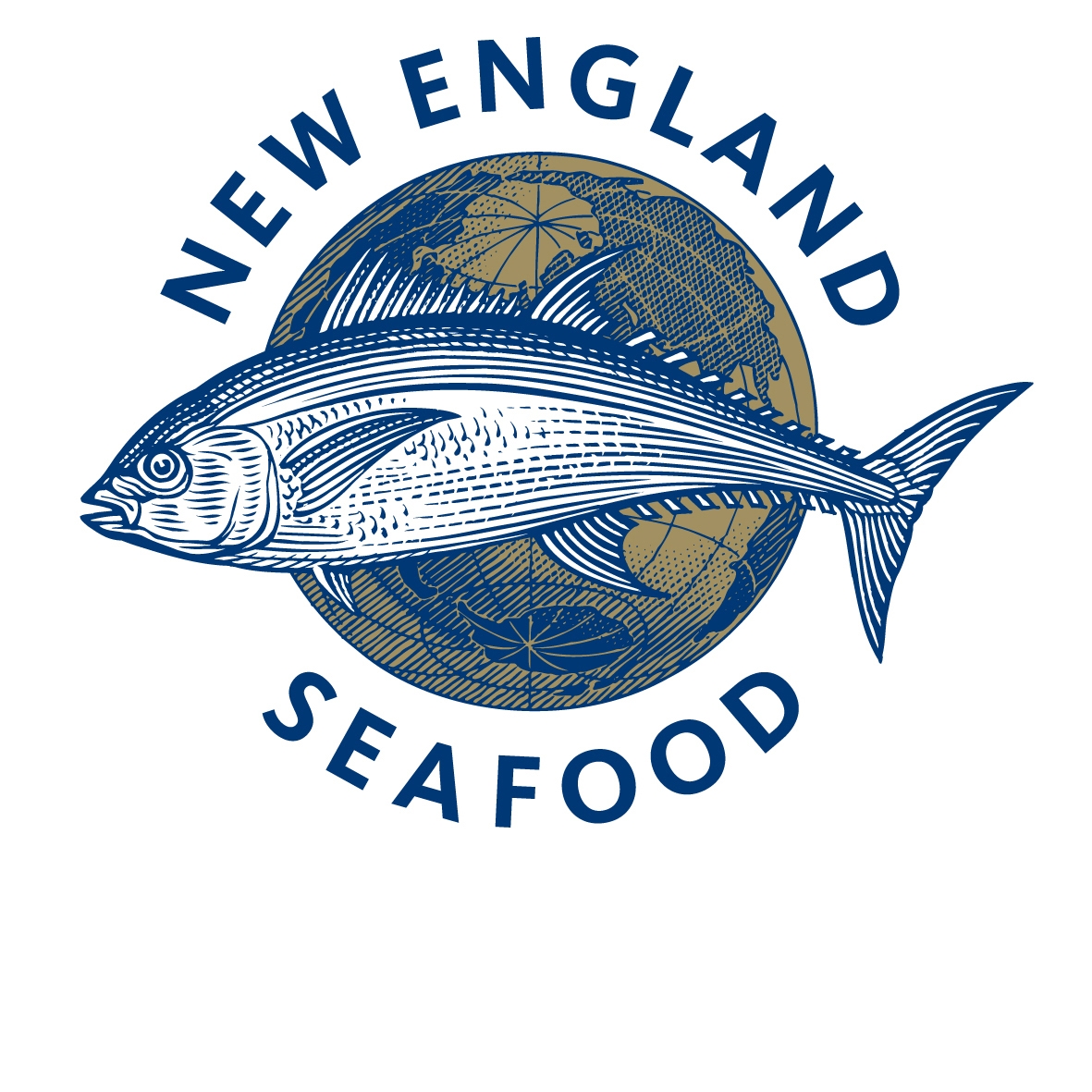
Cassie Leisk
Cassie heads up the People and Planet team at New England Seafood International (NESI), defining strategies and priorities across their social and environmental functions, throughout their global supply chains and across the group. Cassie has worked in several sustainability leadership roles in the seafood industry for more than 10 years. Cassie’s passion and dedication to sustainability has resulted in many on the ground tangible improvements in global supply chains, particularly in tuna, given her focus on this species throughout her career. Cassie has an academic background in Aquatic Resource Management and Sustainable Development from King’s College London.
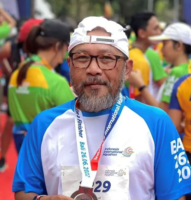

Farid Maruf
Farid Maruf is an experienced global development professional who has provided technical leadership on regional Southeast Asia programs for organizations such as USAID and other donors. With a strong focus cultivation of digital innovations on natural resource management, seafood supply chain, and ICT4D. Prior to his work in international development, Farid spent 12 years in the corporate world, reaching a C-level position in a multinational company. This corporate background has honed his skills in technical and business modeling, as well as business processes and change management to implement large scale digital transformation. In the last 15 years, through number of his leadership roles in different organizations Farid has involved in wide range of innovation cultivation efforts. This include identifying and sourcing innovators through leveraging professional networks. He holds MBA (finance) and BS (Economics) degree.
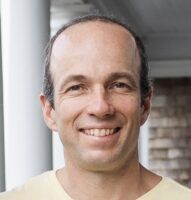

Mark Michelin
Mark Michelin is a director at CEA Consulting focused on strategic planning for foundations and nonprofits in the climate change and marine conservation sectors. While at CEA, Mark has worked on several fisheries technology efforts, including Electronic Monitoring (EM) projects for The Nature Conservancy, The Pew Charitable Trusts, and the Net Gains Alliance. Mark was the lead author of a 2018 global synthesis of the state of EM, “Catalyzing the Growth of Electronic Monitoring in Fisheries” and a follow-up report in 2020. Mark also supports Oceankind’s fisheries technology grant portfolio and led the fisheries technology and EM sessions as a steering committee member of the 2023 International Fisheries Observer and Monitoring Conference.

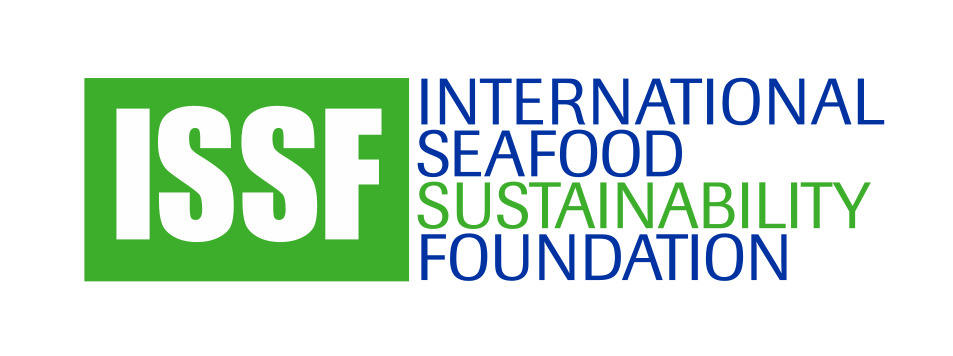
Hilario Murua
Senior Scientist at ISSF with more than 25 years of experience in fish population dynamics, assessment and management. Member of ICCAT and IOTC Scientific Committees. He chaired the IOTC Scientific Committee (2015-2018) and is currently the chair of the IOTC Working Group on Electronic Monitoring Systems. Dr. Murua has coordinated several international research projects on tuna biology, monitoring, assessment and management and has published more than 110 peer-reviewed papers,. Google Scholar: Hilario Murua

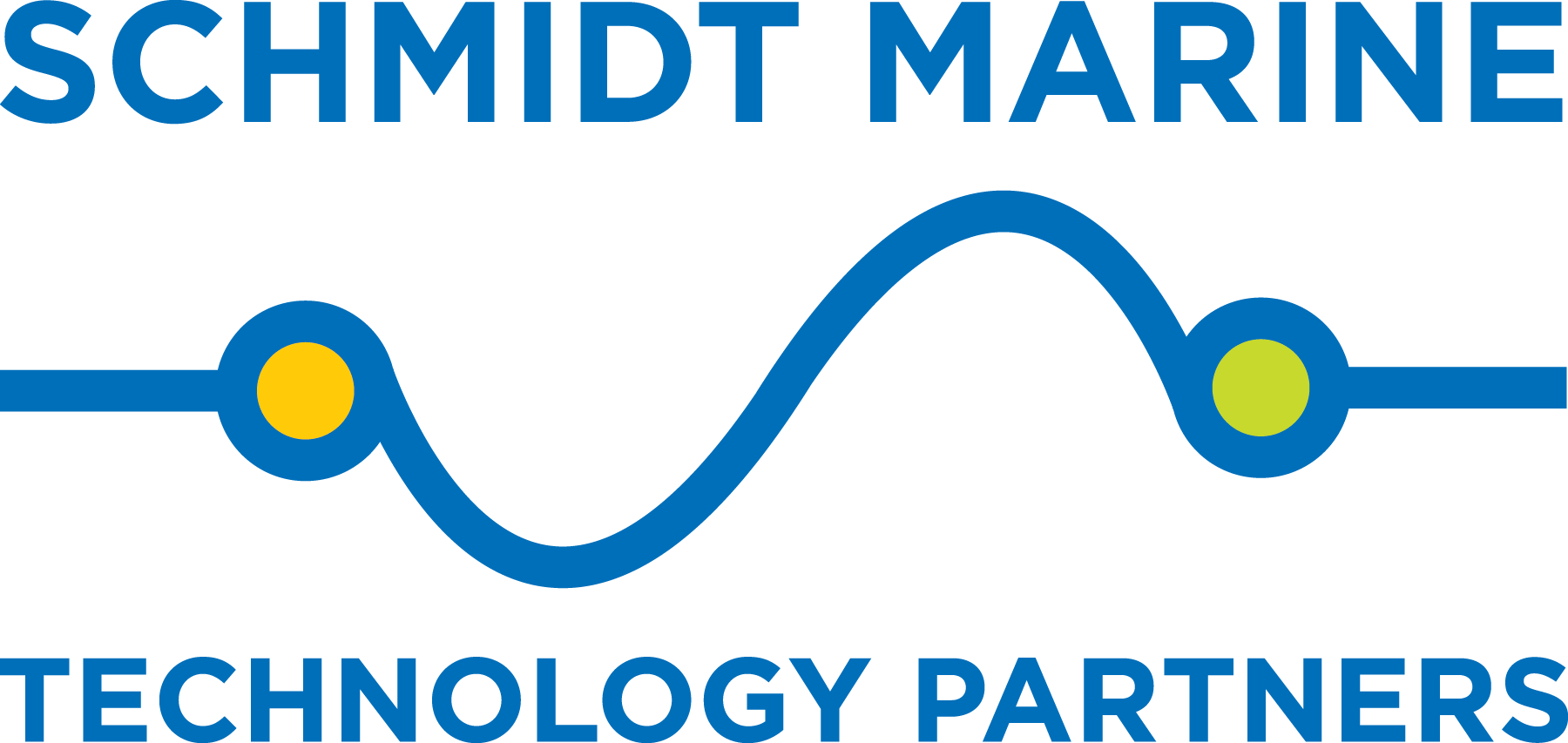
Mark Schrope
Mark Schrope has been Schmidt Marine Technology Partners’ director since 2016, applying skills developed as both a scientist and journalist to the identification, evaluation, and long-term support of promising fisheries and other ocean technologies. He began his career studying ocean carbon cycling and harmful algal blooms at The College of William and Mary’s Virginia Institute of Marine Science. His articles have appeared in Nature, Scientific American, Popular Science, The New York Times, The Washington Post, and other publications.

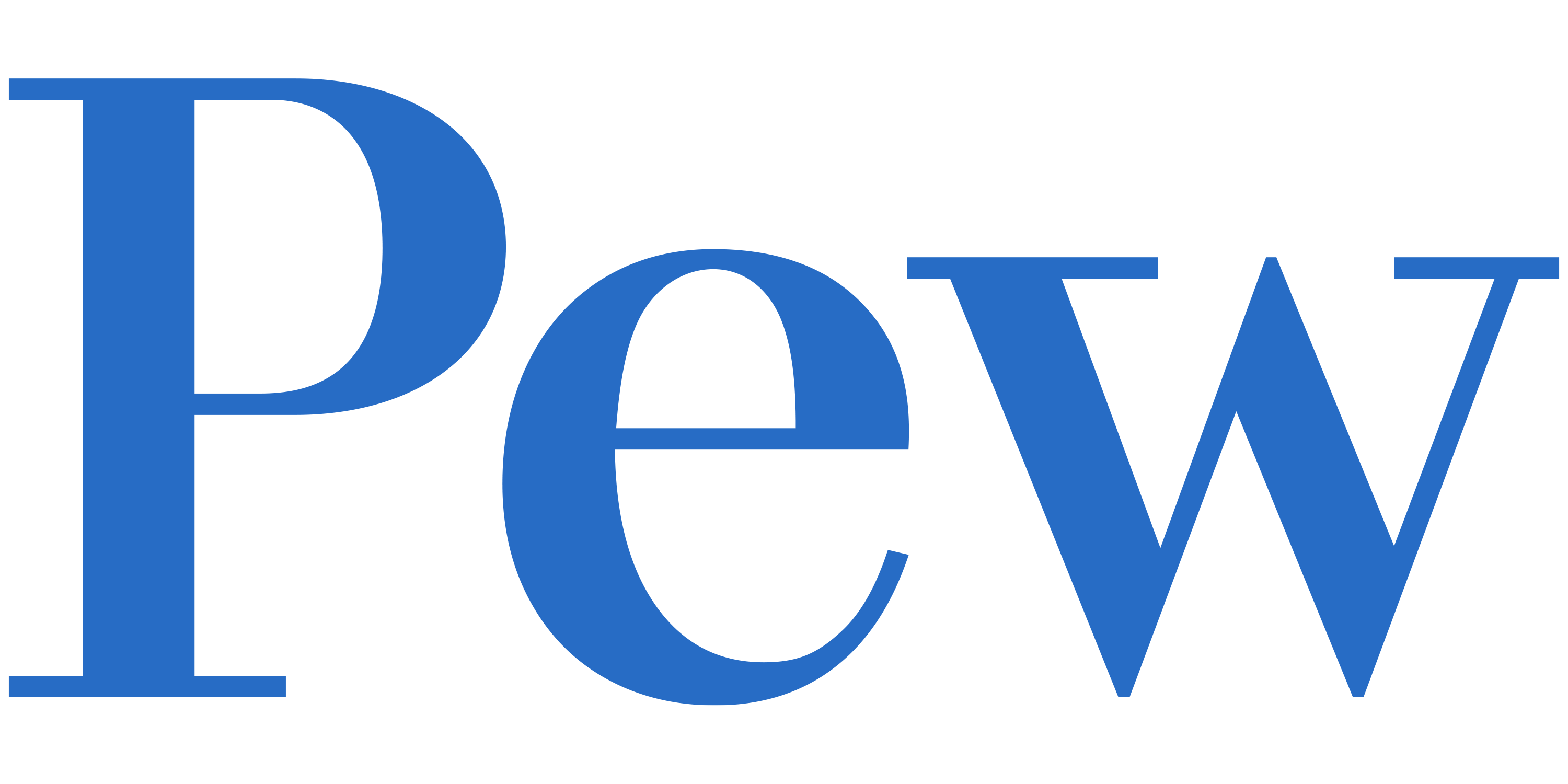
Esther Wozniak
Esther Wozniak is a manager with Pew’s international fisheries project, working on advocacy efforts within countries, with regional fisheries management organizations, and with United Nations agencies to ensure the sustainability of global fisheries. Wozniak previously worked on Pew’s global shark conservation project, leading efforts in the Pacific region to manage and conserve sharks and rays. In addition to her conservation work, Wozniak focuses on multiple efforts within Pew to advance inclusion, diversity, and equity.
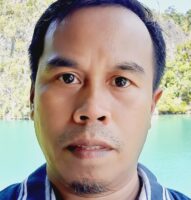
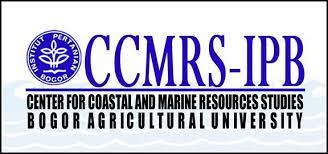
Dr. Yonvitner
Dr. Yonvitner is the Director of the Pusat Kajian Sumberdaya Pesisir dan Lautan/PKSPL (Centre for Coastal and Marine Resources Studies/CCMRS) of IPB University in Bogor, Indonesia, and a lecturer at the Department of Aquatic Resource Management, Faculty of Fisheries and Marine Science IPB University. His research interests ranges from Coastal Ecosystem, Fisheries Biology, Fisheries Management, to Coastal and Marine Environment Management. He has published about 14 books, 159 articles in journals and proceedings, and 98 popular articles. He obtained his doctorate degree from IPB University, and post doctoral at the Universitate de Girona in Barcelona, Spain and Chezch Zemedelska University Praque, Checzka.
